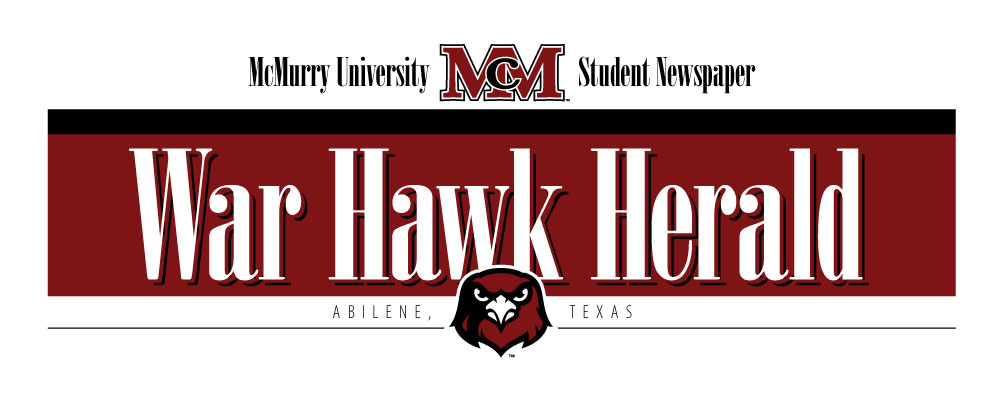The Power of “No.”
In a world with endless opportunities and obligations, the pressure to constantly say “yes” can feel overwhelming. From new projects to extra jobs, additional chores to yet another party invitation, we pull ourselves in every direction for what? As a college student, it is hard to navigate adult life as it is, but a deeper challenge lies in understanding why it’s so difficult to utter that simple, two-letter word: “No.”
Over the weekend, I posted a poll on Instagram asking, “Do you struggle with saying ‘No?’ What do you think makes it hard for you as an individual to put yourself first, and say ‘No?’” Responses poured in from college students, high schoolers, parents, and beyond. It became clear to me that this problem of “people pleasing” extends far beyond a college campus; it is a universal issue that many grapple with daily.
Everyone who responded has wished to remain anonymous, but their testimonies are very powerful and I believe they deserve to be heard.
One individual stated that, “the hardest part of putting oneself first, is the fear of losing opportunities or damaging relationships and connections with people. Feeling alone is a really big fear of mine, but being around people that don’t like me sounds even worse.” Thirteen out of the 18 people who responded to the poll shared a similar testament. They gave responses like, “Low self-esteem and not wanting to disappoint others,” “I feel like if I say no, I will let others down,” “Fear of rejection, negative thoughts and people disliking me,” and, “Because I don’t want to let people down or think that I don’t have time for them.”
The fear of rejection and loneliness weigh heavy on our minds, and influence our daily decisions and interactions. I myself wrestle with these thoughts, and I know the weight they carry in shaping my choices. Saying “no” is scary and hard, but there is always hope that we can overcome these fears.
The first individual I quoted above ends their response saying, “I think our society paints ‘no’ as very selfish and negative when it shouldn’t be. Boundaries should be normalized.” I resonate deeply with their testimony and I hope all reading do as well. Saying “yes” isn’t a bad thing, but saying “no” shouldn’t be either.
By embracing the power of “no,” we not only honor our own boundaries but also foster healthier ways of communicating and interacting with others. Normalizing boundaries creates a space where authenticity, respect, and the greater well-being for ourselves and those around us can thrive. “No” is an act of self-care and empowerment, you are not alone!
